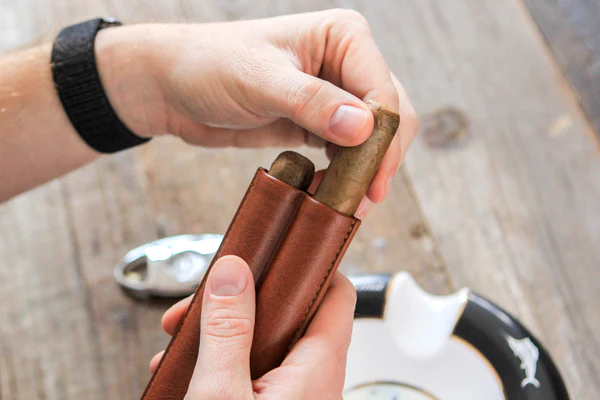It is widespread for children to go through constipation. The reason your child has a hard time passing stool may be due to dietary changes. Sometimes toilet training them at an early age can be the cause of their discomfort. Some constipation remedies to try include:
- Change mother’s diet
Most babies can easily digest breast milk; therefore, it is not common for young infants to have constipation because a mother’s milk is a natural laxative. Babies that are constipated do not want to feed, and most of them will cry when having a bowel movement. Mothers need to maintain a healthy diet because it determines the contents of breastmilk. Most women report that eliminating certain foods from their diet, like milk, helps to relieve their baby’s constipation. However, every situation is unique to each baby.
- Change formulas
Every baby will respond differently to what they eat. Some babies constipate on breast milk while others on formula. Although some formulas are homogenized, meaning they are easily digestible and enhance the absorption of molecules. Check for constipation signs, like infrequent and hard bowel movements or blood when wiping off the stool, and then adjust to a more suitable formula for your baby. However, keep in mind that it may make the situation worse if you keep changing up formulas. Consult your pediatrician before making a change.
- Get off the BRAT diet
These foods include bananas, rice, applesauce and toast. Although they are great for most stomach-related illnesses, some of them are low in fiber, causing your baby to constipate. If you are beginning to introduce your baby to solid foods, choose the ones that are high in fiber to prevent their stool from hardening.
- Fruit juice
Most babies are picky about food, with most not preferring to eat fruits or vegetables. Certain juices have a high fiber concentration and can relieve constipation in your baby. This option is both practical and reliable because you can make it at home and be used for infants above two months. For example:
- Prune: Not only is this juice an excellent source of Vitamin C and iron, but it also contains fiber and sorbitol, which softens the stool.
- Apple: The fructose to glucose ratio is relatively high in this juice. However, give your child a small dose of apple juice because a lot of it can cause intestinal discomfort.
- Pear: Most kids enjoy the taste of this juice which contains a high sorbitol content that relieves constipation.
- Warm bath
Most of the time, constipation in babies results from tensed abdominal muscles causing them to strain during bowel movements. Giving your baby a warm bath can help them relax and decrease the pain and discomfort of passing hard stool.
- Hydration
There is usually no need for supplemental liquids for young infants because a lot of their hydration comes from formula or breastmilk. However, if you notice signs that your baby might be constipated, you can try giving them extra liquid. For example, boil some water and feed them a small amount of warm water to see if it helps. Additionally, you could try providing them with fiber-rich juices like a prune, which has a laxative effect on stool.
- Belly massage
Gently rubbing your baby’s belly can help promote blood circulation and relax tensed muscles. Try techniques like using your fingertips to make clockwise patterns on the abdomen to see if it will help relieve the discomfort.
- Supplements
Probiotics are fantastic for constipation relief because they aid in lowering the pH in the large intestines while encouraging digestive processes to occur. Additionally, these supplements suppress dysbiotic bacteria, parasites and yeast in the bowel. Your baby will also benefit from improved bowel movement. If your baby has constipation, get a probiotic, like Sproutedbiome, with digestive enzymes, which has the best laxative effect on the stool.
- When to see a doctor
If your young one is going through this horrible situation, try the solutions mentioned above to see which one will work for your baby. However, if constipation persists and is accompanied by loss of appetite, fever and weight loss, visit your pediatrician immediately because it could be a symptom of a severe underlying condition.





Recent Comments